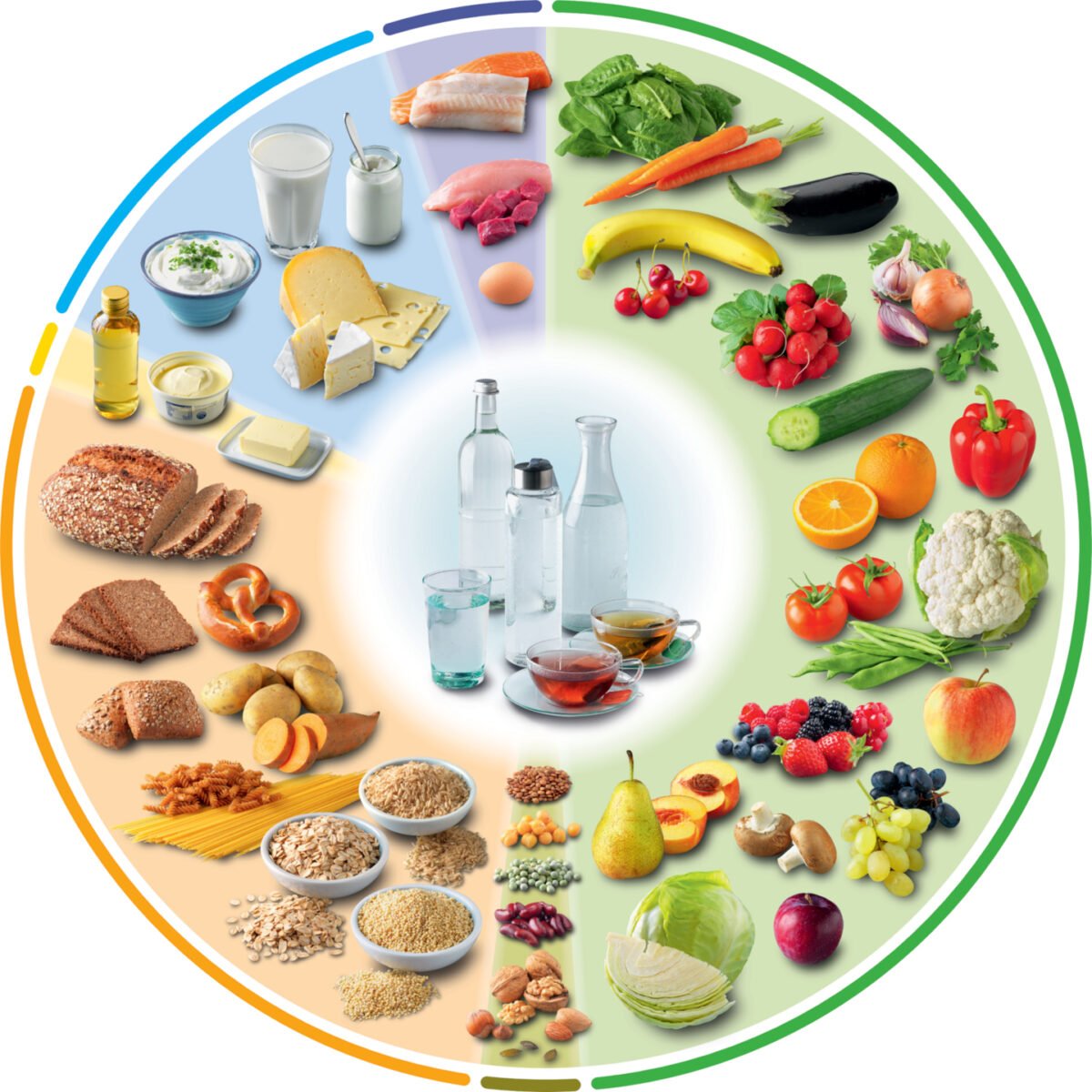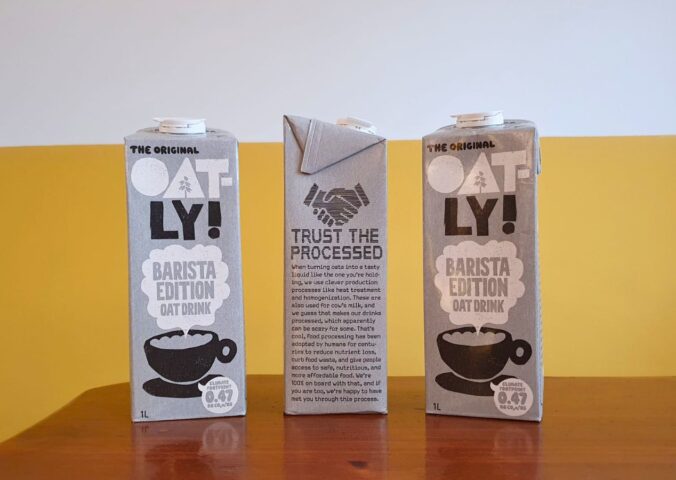Germany’s new dietary guidelines say that people should eat mostly plant-based foods.
Read more: EU Making Animal Diets ‘Artificially Cheap’ With Subsidies, Report Finds
Deutsche Gesellschaft für Ernährung (DGE), or the German Nutrition Society, developed the new guidelines using a mathematical model that takes both sustainability and health into account. The guidelines include a “nutrition circle,” depicting each food by optimal amount.
According to the updated guidelines, a “healthy and environmentally friendly diet” is at least 75 percent plant-based. This is in keeping with a growing body of research that confirms plant foods are better for human health, the planet, and animals.
While the guidance has been celebrated by some, there has been some disappointment that it hasn’t gone further with its plant-based recommendation.
Read more: Meat-Eaters Prefer Not To See Animals On Meat Labels, Research Finds
Germany’s updated nutrition guidelines: less animal products, more plants

The new guidelines have reduced the recommended number of daily servings for dairy from three to two and advise that meat products – beef, pork, poultry, and sausage – should be limited to a maximum of 300g per week, plus 240g of fish.
(For context, the average American eats nearly a kilogram of red meat alone per week.)
In contrast, DGE’s updated guidelines suggest around 550g of fruit and vegetables per day, along with plenty of legumes – a first for the guide – along with nuts, seeds, potatoes, and other carbs. The guide also suggests emphasizing color, seasonality, and variety overall.
For people following a vegetarian or entirely plant-based diet, DGE suggests eating more of these key food groups in place of traditional meat and replacing dairy products with plant-based alternatives plus calcium, B12, and iodine supplementation.
Read more: Video Claiming Raw Milk Heals Lactose Intolerance Flagged As ‘False Information’
Most Germans already eating plant-forward diets
Meat eating has hit a record low in Germany, and it’s thought that around 10 percent of people living there now follow a vegetarian diet. In addition, over half (around 55 percent) of the population identify as “flexitarian,” meaning they already mostly eat plant-based foods.
“Germany really has fallen out of love with meat,” Anna-Lena Klapp, senior nutrition and health specialist at ProVeg International, told PBN. “It is an important and proper step that the DGE has decided to integrate both health and ecological aspects into its recommendations and to emphasize plant-based foods over animal-based foods.”
“However, the German guidelines still do not include plant-based alternatives,” continued Klapp. “FBDGs should help identify which plant-based alternative products can and cannot be part of a sustainable healthy diet.”
The updated guidelines undoubtedly emphasize plant foods – and recognize the impact of animal products – but they also still encourage the consumption of meat and dairy. In addition to including specific plant-based alternatives to meat and dairy, the guide also needs to recognize the true potential of low-impact plant-based staples like legumes to play a greater role in a sustainable and equitable food system.
“Structural changes are also needed so that people make healthier, more sustainable food choices,” added Klapp. “The German government has recognized that policies to encourage the growth of the plant-based industry, investment in research and innovation of alternative protein products, and incentives for farmers to move away from meat and dairy production are among the actions urgently needed to avoid climate breakdown.”






